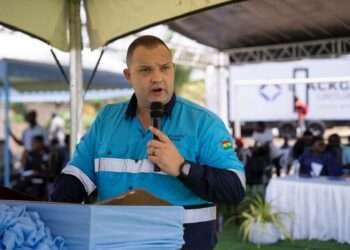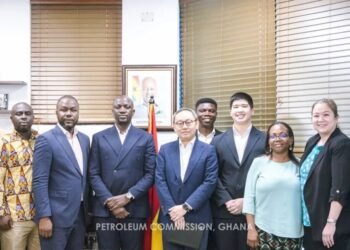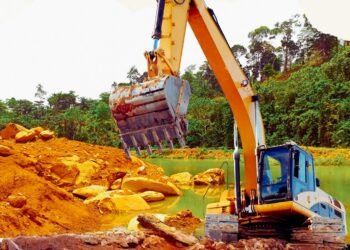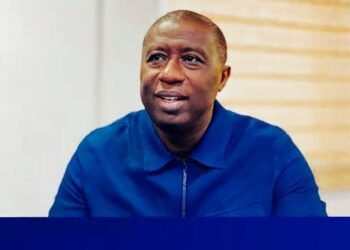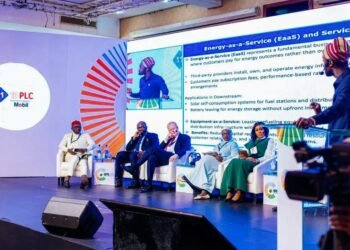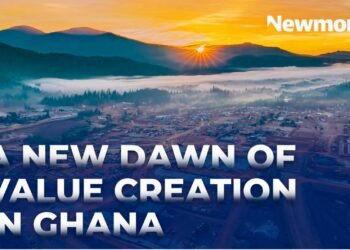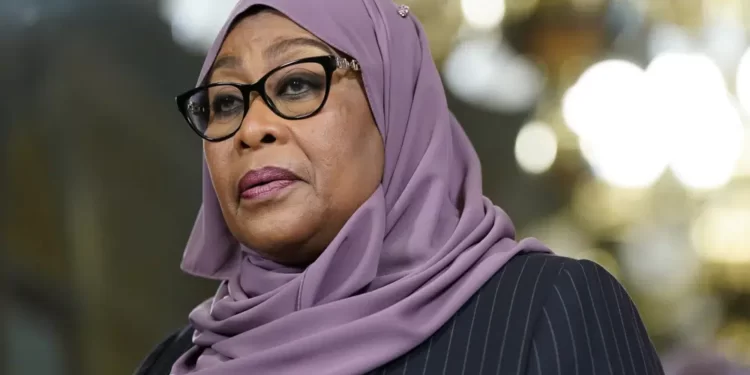Ghana’s long-held dream of building an integrated aluminium industry is steadily moving closer to reality, according to the Chief Executive Officer of the Ghana Integrated Aluminium Development Corporation (GIADEC), Yaw Twumasi Ankrah.
Speaking at the Mining and Minerals Convention 2025, Mr. Ankrah stressed that the country’s ambitions, first conceived in the 1960s, are now within reach if pursued through the right mix of partnerships, investor confidence, and supportive policy direction.
Mr. Ankrah emphasised that Ghana cannot continue to rely solely on royalties and taxes from private concessionaires to drive transformation in the aluminium sector.
While these revenues have provided some fiscal support, he argued that they fall short of the scale needed to anchor a full-fledged integrated industry.
“When you give concessions to private investors, their responsibility ends with paying royalties and taxes. But that alone cannot develop the aluminium industry.
“That is why GIADEC is taking a strategic lead to secure control over all bauxite reserves, ensuring government maximises value for the nation.”
Yaw Twumasi Ankrah, Chief Executive Officer of GIADEC

According to Mr. Ankrah, Ghana’s traditional approach of leasing out mining rights has limited the country’s ability to capture value from its vast natural resources.
He explained that while royalties and taxes generate government revenue, most of these funds end up covering recurrent expenditure rather than being channelled into long-term industrial development.
For Ghana to achieve its integrated aluminium vision, he said, the model must change.
“Government must not commit all the funding; instead, we must use what we have to secure partnerships that deliver growth.”
Yaw Twumasi Ankrah, Chief Executive Officer of GIADEC
This model, he noted, would see Ghana leverage its bauxite reserves as strategic assets to attract the right mix of international investors and technical partners capable of developing the full aluminium value chain from mining through refining to smelting and downstream fabrication.
Optimism Backed by Global Trends

Mr. Ankrah was unequivocal in his optimism. “I am very confident this will succeed. There is global demand for aluminium, strong political will, and serious investor interest,” Mr. Ankrah stated.
“We have received several proposals, and a team has been set up to evaluate them so the right partner can be selected. With this, I believe the dream conceived in the 1960s will finally be realised.”
Yaw Twumasi Ankrah, Chief Executive Officer of GIADEC
The CEO pointed to current global energy and manufacturing transitions as a major driver of demand. Aluminium, he explained, is increasingly essential for electric vehicles, renewable energy technologies, construction, and aerospace industries.
This rising demand places Ghana in a strategic position, given its vast untapped bauxite reserves.
GIADEC has already received multiple proposals from potential investors keen to play a role in the industry’s development.
Mr. Ankrah confirmed that a dedicated evaluation team has been tasked with assessing these submissions to ensure that Ghana partners with firms that bring not just capital, but also technology, expertise, and long-term commitment.
He added that these partnerships must align with Ghana’s development priorities, ensuring that communities benefit directly from jobs, infrastructure, and social investments tied to mining and industrial projects.
Unlocking a 60-Year Dream
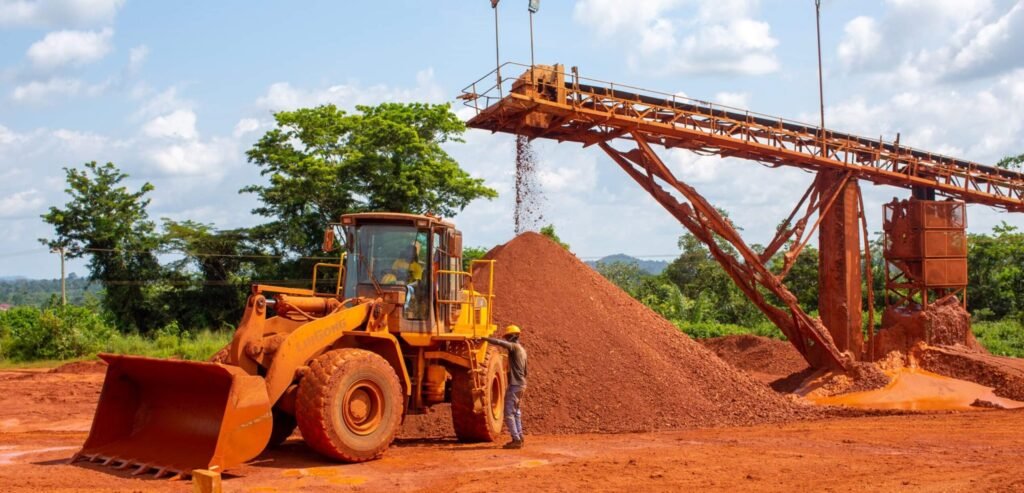
The idea of an integrated aluminium industry has been part of Ghana’s industrialisation blueprint since the Kwame Nkrumah era, when the Akosombo Dam was constructed partly to power aluminium smelting.
However, decades of shifting policies, financing hurdles, and global market uncertainties stalled the dream.
“We must not allow this moment to pass. This is the time to industrialise using our own resources, and aluminium is central to that agenda.”
Yaw Twumasi Ankrah, Chief Executive Officer of GIADEC
As the review and negotiation process unfolds, industry stakeholders will be watching closely to see whether GIADEC can strike the right balance between securing investor capital and safeguarding national interest.
The stakes are high: a successful integrated aluminium industry would not only diversify Ghana’s economy but also boost foreign exchange earnings, create thousands of jobs, and establish the country as a key player in global value chains.
Yet, as Mr. Ankrah acknowledged, success will depend on execution. Ensuring transparency, building investor confidence, and delivering tangible benefits to communities will be critical to sustaining momentum.
For now, however, the message from Ghana’s aluminium boss is clear: the vision is alive, the pieces are falling into place, and with the right partnerships, the nation’s aluminium dream is achievable.
READ ALSO: Investors Snub T-Bills As Government Struggles to Raise GH¢6.7bn, Settles for GH¢3.2bn




